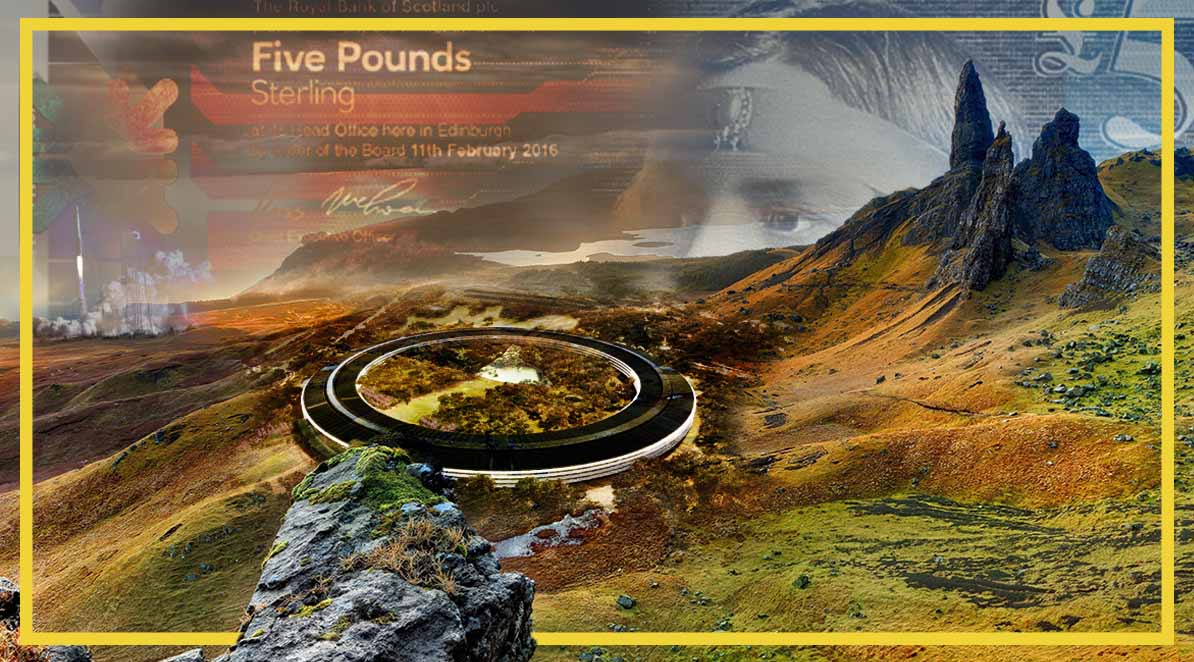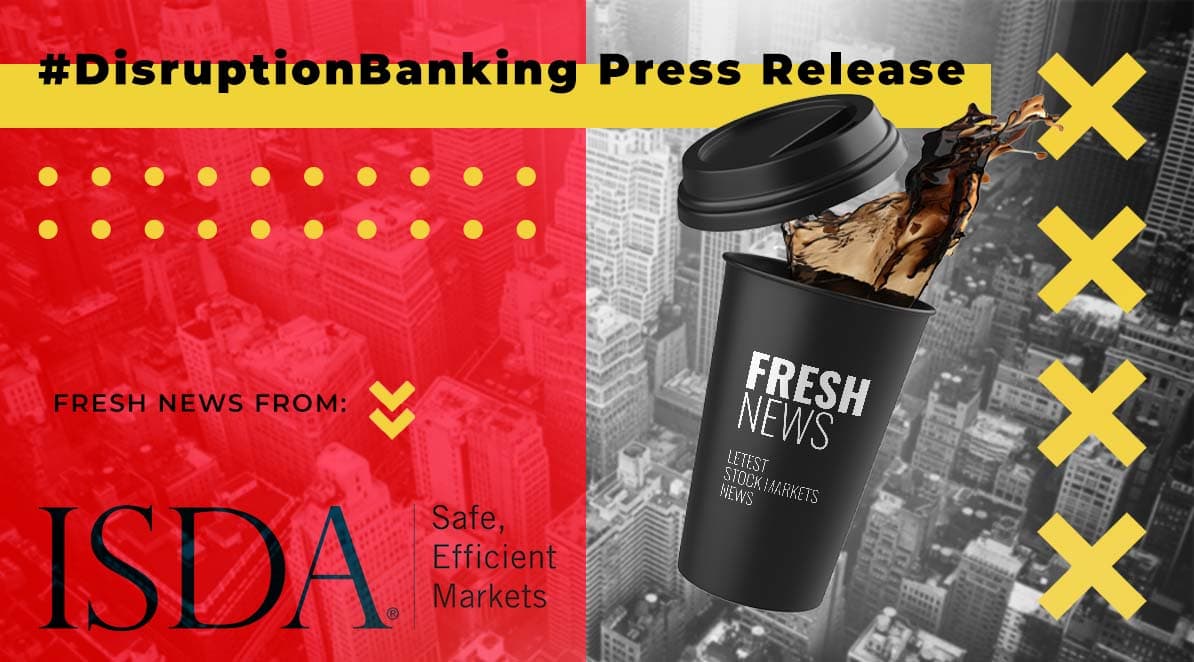A few serious issues with the current virus doing the rounds across the globe is the difficulty of stopping its spread from person to person owing to the fact that the novel coronavirus is; asymptomatic in that one fifth of those it infects feel nothing at all (Forbes), may not show symptoms for up to two weeks in those it eventually does make ill and can be transmitted during this ‘incubation’ period, etc.
This biological nightmare also extends to how long it is able to stay on surfaces. Cash is no exception.
According to Wired, the virus SARS-CoV-2 can stay on surfaces “from up to 24 hours on cardboard to up to two or three days on plastic and stainless steel”.
Many in the Fintech world have been advocating for a cashless society for years, if not decades. But policy makers understand that the abolition of cash is a very touchy subject. The issue has led to policies on cash being changed seemingly by the week.
Some businesses want to stop accepting cash, but many cities are stepping up to make that illegal. That’s a good thing.https://t.co/H820qly73a
— Planet Green (@PlanetGreen) March 22, 2020
For example, take the authorities of Canada. Last week the Bank of Canada “strongly” urged retailers on Wednesday to continue accepting cash to ensure people have access to the goods and services they need.
“The risks posed from handling bank notes are no greater than those posed by touching other common surfaces, such as doorknobs, kitchen counters and handrails”, it said. “Refusing cash could put an undue burden on people who depend on cash as a means of payment”.
However, not all of Canada is feeling the same sense of calm. Metrolinx, the Ontarian state-agency that manages and integrates road and public transport, has suspended the processing of payments by cash as of today.
So, the confusion goes on (typical 2020) as various authorities say this and others say that.
We’re living in a time where everyday families run downstairs to gather around the TV to listen to advice from our leader Boris Johnson..
It’s like a constant replay of running downstairs on Christmas Day to see your Dad and Santa violently snogging #Confusion #COVID19
— Danny Miller (@DannyBMiller) March 23, 2020
Many have remarked that the times that we are living in are reminiscent of the beginning of the Great Depression in regards to high unemployment and a significant contraction in GDP. But DisruptionBanking does not take the view that the disruption will last for a decade. This is because complexity economics has come along a lot farther than 1929, another thing to be thankful of new technologies for.
Complexity theory states that “it sees the economy not as a system in equilibrium, but as one in motion, perpetually constructing itself anew. It uses computational rather than mathematical analysis to explore how economic structure is formed and reformed, in continuous interaction with the adaptive behavior of the ‘agents’ in the economy.”
Fintech has even pledged its range of services to the big banks for free during the COVID-19 pandemic with their various offerings of Big Data, Artificial Intelligence, Cloud Computing and more to help aid the flow of people, information and resources.
A List Of #Fintech Firms Providing Free Technology To Banks During The #Coronavirus Crisishttps://t.co/mSWDwTY2pp#banking #finserv #COVID19 @JimMarous @SpirosMargaris @leimer @RAlexJimenez @Xbond49 @BrettKing @cgledhill @Chris_Skinner @Visible_Banking @UrsBolt
— Ron Shevlin (@rshevlin) March 23, 2020
And its not just financial institutions either, UK-based SME fintech has waived its fee for businesses to help them get through the pandemic.
“We think it’s extremely important to encourage people to use remote payments solutions that preserve the health and safety of our society and can serve as a potential boost for many small businesses in these difficult times” said SumUp co-founder Marc-Alexander Christ.
This utilization of technology to help cushion the blow felt by general disruption is being implemented across the world. The Singaporean government has for instance launched an app to help prevent community spread.
Singapore launches NO-TRACKING Bluetooth app to trace #COVID19 contact. Model app!@BrettKing @leimer @psb_dc @UrsBolt @rshevlin @thepsironi @karunk @spirosmargaris @jaypalter @jimmarous @efipm @Visible_Banking#fintech #banking #innovation #technology https://t.co/PfRB7gmVax
— Richard Turrin (@richardturrin) March 23, 2020
Check out The Symphony : 7 Types of WealthTech Instruments for personal use where we look at how you can benefit from the tide of fintech.
The movement to cash through the aid of fintech is not something to necessarily be feared. Whilst many financiers fear up to 30% unemployment (as said by the Fed) due to business shutdowns, it is highly conceivable that the speed of information exchange wrought by machine learning algorithms could drive a much faster recovery.
CVS is hiring 50,000 workers, Walmart is hiring 150,000. Kroger is hiring 10,000. Amazon is hiring 100,000. Pizza Hut is hiring 30,000.
This is just the beginning of a challenging time but if these firms were able to respond this fast, there is hope.
In 1929, one had to read the newspaper, rely on word-of-mouth or walk the streets to find honest work. Not so today.
Looking to drive the speed of recovery in your native economy through deep data analysis and projections? Sign up for the MLIC today.

















2 Responses